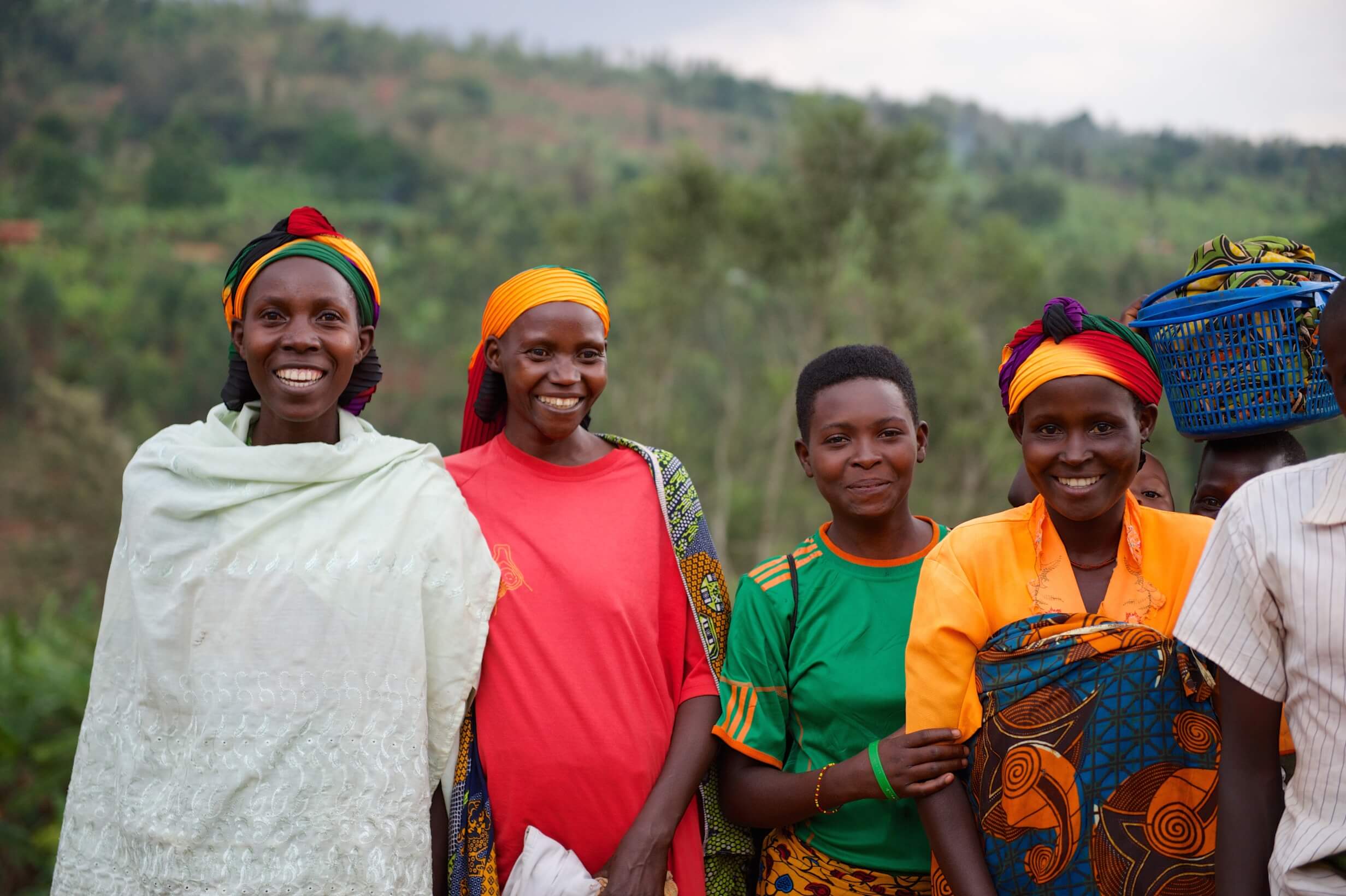Faustini a father of six is a coffee farmer in Rwanda. He has been growing coffee for 20 years. He started with 200 trees he inherited from his father who was a traditional coffee smallholder. In 2005, at a time when a coffee-drinking culture was rapidly expanding across the globe, the Musassa Coffee Co-operative was formed in Ruli District - located in Rwanda’s verdant hills, a slow and steep two-hour drive from Kigali. The establishment of the cooperative represented a promise of access to markets and this encouraged Faustine to take coffee growing more seriously. He increased his trees to 1700 and over time hired extra help of 5 workers. Musassa Coffee Co-operative represents 2,000 smallholder coffee farmers, 60% of them women. The farmers take their beans to designated collection points in the district from where they are delivered to the washing station, for washing, drying and grading. Almost all Rwandan coffee is exported in the green (unroasted) state because the buyers prefer to roast it themselves, sometimes blending it with other coffee types from various origins. “My life improved very well,” he says, “before we had so many problems related to production and management of coffee trees. The co-op came with solutions in the form of efficient supply chain and now we are making more money.” Faustini has done well over the 11 years he has been part of the Musassa co-operative. While his father lived in a house made of mud, Faustini’s is brick and has electricity. His...
Enriching Rwandan smallholder farmers as export markets expand
Posted on: August 14, 2015
Posted on: August 14, 2015
























